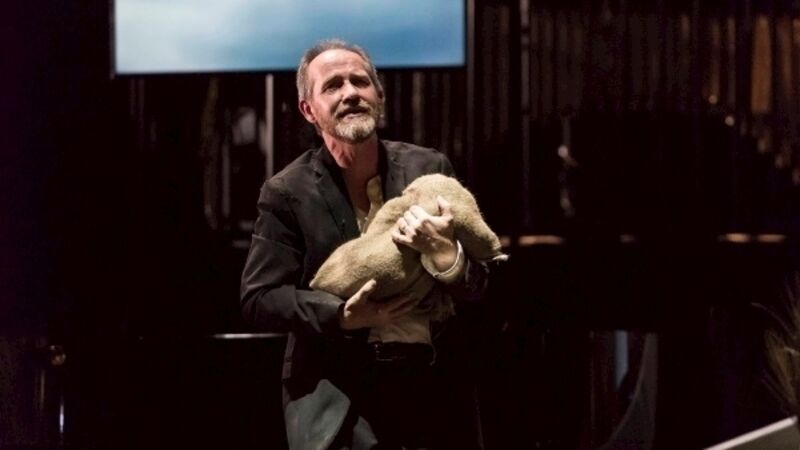Opera sounds a new note on the Great Famine

Donnacha O’Dennehy’s opera looks at a surprisingly neglected era, writes .
As a co-founder of the country’s leading contemporary music group, the Crash Ensemble, Donnacha Dennehy has long been at the forefront of new music in Ireland.











